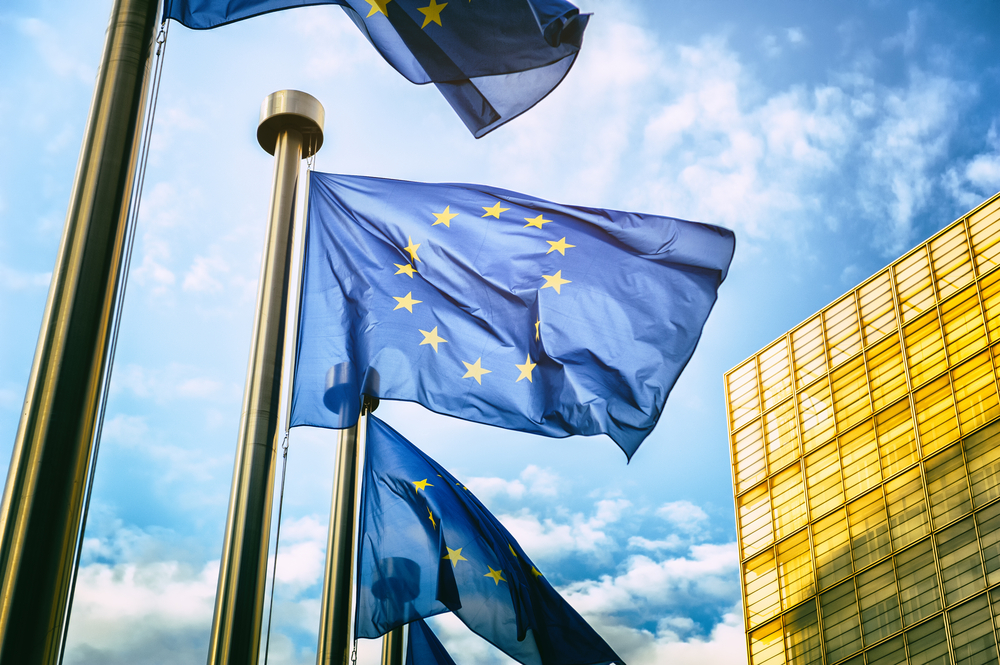Digital services have never had more of an impact on our lives than today. Whether it is shopping online, collaborating with global colleagues or paying for road tax online, digital services have transformed everyday lives and the emergence of new smart technologies is accelerating this trend.
According to Fujitsu’s recent Digital Inside Out research, which looked into digital enablement in the UK, over a fifth of people will always opt for a digital service when offered. Online banking and online shopping reign supreme as the most used and valued (67% and 66% respectively) digital services every day.
Yet despite this growth, there are still barriers when it comes to digital services, leading many consumers to miss out on certain goods and services. According to the European Commission, 15% of consumers shop online from another EU country. But some internet-based companies and start-ups are still unable to take full advantage of the growth opportunities that digital can provide due to a variety of reasons, including connectivity and accessibility challenges. Currently, only 7% of SMEs are selling internationally.
>See also: Three things you need to know about the EU commission Digital Single Market proposals
To combat this digital divide, last month the European Commission unveiled plans to create a ‘digital single market. This will bring down regulatory walls and convene the 28 nationals markets into a single one. According to the European Commission, a fully functional digital single market could contribute over 415 billion Euros per year to the economy and create hundreds of new jobs. This plan looks at three key pillars to help the EU become fully digital.
Firstly, the plan looks at better access for consumers and business to digital goods and services across Europe. This is vital in today’s landscape as we are rapidly turning to digital channels to enhance customer experience and buying behaviours. Consumers are more demanding than ever before and want businesses to offer intuitive customer experiences leveraging 21st century technology with an ultimate goal of streamlining and simplifying customer-to-business transactions.
The second pillar looks at creating the right conditions and a level playing field for digital and innovative services to flourish. Establishing digital foundation platforms based on open standards will enable new value-networks to flourish. This will create a digital landscape that especially favours SMEs that will be able to add their value within these networks without the need for large capital outlays for common infrastructure foundations.
Open standards, transparency, trust and security will be crucial to this pillar. Sustained future growth of Europe’s economy has a huge reliance from SMEs, and they will be the ones who see tangible benefits from a single digital market, through wider uptake of services and more effective B2B collaboration.
The final pillar looks at maximising the growth potential of the digital economy. Again, open standards, collaboration and interoperability will be crucial to the success of this section. Equally important though is the focus on the development of the right skills within the EU, which will lead to the EU being a world leader in digital markets.
This plan from the European Commission highlights that Europe is well on its way to becoming a digital leader. This aligns well with Fujitsu’s Digital Inside Out research, which revealed 73% of UK employees see digital as vital to the future success of their organisation.
>See also: How the EU’s unified data law will transform storage systems
But for the digital economy to truly thrive, companies must also ensure that they are properly educating the public in how to use them – and that their employees are appropriately skilled and enabled with the right digital support services, creating a business that is digital inside and out. Once proper education is in place, both citizens and companies alike will be able to benefit from these instant services to help make goods and services more accessible.
As more organisations continue to embrace digital services as part of their business strategy, the potential to transform how people work and play within society will continue to grow in exciting ways. It is great to see the EU encouraging this direction within their strategy as this will only help to position Europe at the forefront of the digital world.
Sourced from Mike Sewart, director of digital Services UK&I, Fujitsu








